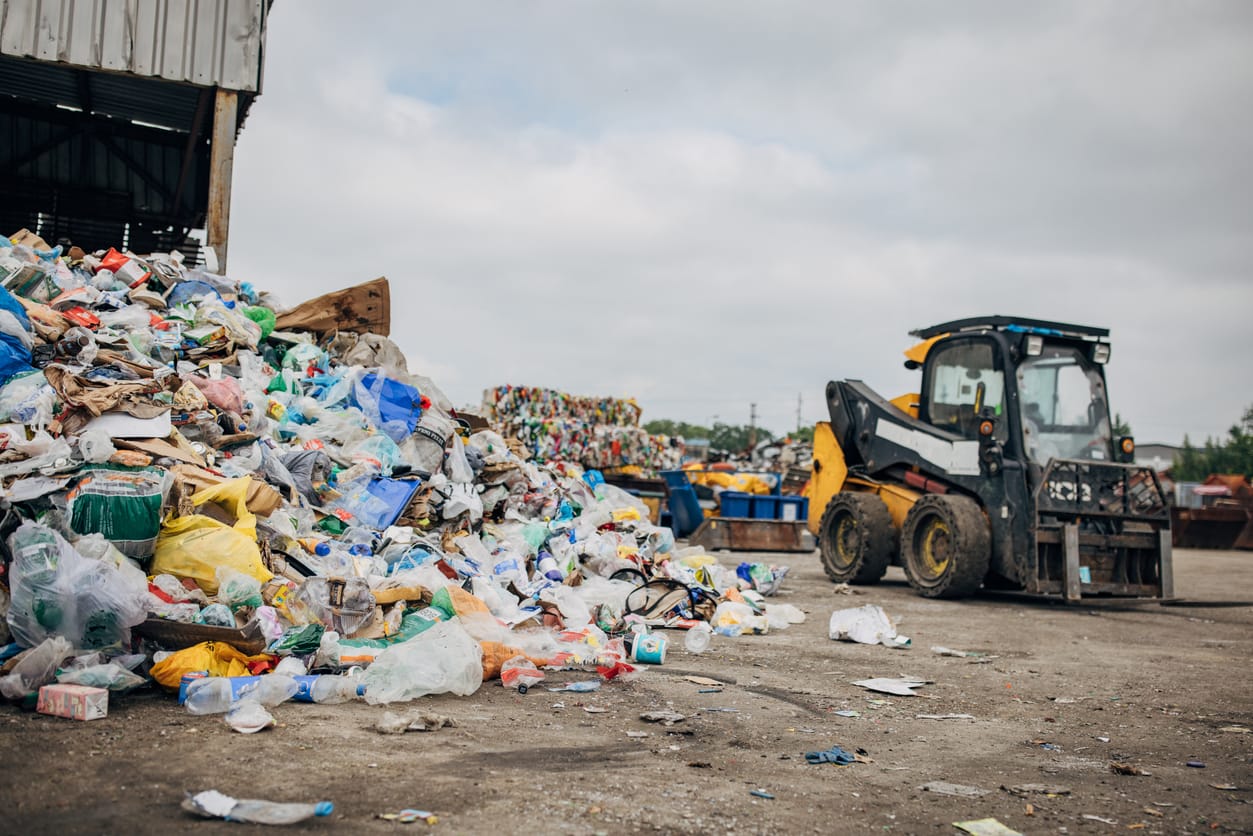Pick from our related articles...
You can find us on
Keep yourself up to date with Let's Recycle It latest news
Cross-party MPs Call For UK to Ban All Plastic Waste Exports By 2027
EFRA Committee
A group of 11 cross-party MPs have called on the UK government to introduce a ban on all exports of plastic waste by the UK within five years. This group, the Environment, Food and Rural Affairs Committee (EFRA), called for this ban in response to the prevalence of waste crimes and the alarming reports of how the waste we think is being recycled is actually handled.
The United Kingdom is one of the world’s largest waste exporters; for example, more than 60% of domestic plastic packaging waste is shipped abroad. Much of this waste is sent to countries, such as Turkey, without the means, resources or infrastructure in place to deal with it ethically. Therefore, a great deal of the waste ends up being illegally dumped and burned.
Waste Crimes
Greenpeace conducted an investigative survey of the Adana province in southwest Turkey, where a number of illegal waste dumps were discovered. It was found that over 80% of the plastic waste in the region originated from the UK.
Waste crimes such as these illegal dumping activities have catastrophic environmental impacts, such as the pollution in landscapes and oceans and the inherent threat this poses to wildlife and natural ecosystems. However, the damage does not stop there, as there are also many serious implications to human health.
When plastic waste pollutes fields and rivers, the materials can leak toxins into the soil that pose a variety of health risks to people who rely on the land for food, water and other resources. The toxins found in foreign soil from waste originating in the UK have been linked to liver disease, skin lesions, cancer, abnormal foetus development and many other health conditions.
As a result, EFRA is urging the new Prime Minister, Rishi Sunak, to introduce a complete ban on all exports of plastic waste out of the UK by 2027. They also want the government to publish a roadmap of how this will be implemented by March 2023.
The Chair of the Committee, MP Sir Robert Goodwill, said, ‘For far too long the UK has been reliant on exporting its waste overseas and making it someone else’s problem’. This ban is proposed as a means to address the UK’s disproportionate contribution to the plastic pollution crisis.
Plastic Packaging Tax
There has been some reduction in the use of problematic materials over time, as well as an increase in the amount of recycled content going into new products. However, progress has, for the most part, halted in recent years; the Committee has therefore called for a number of measures to be introduced, beyond just the export ban.
Based on the success of the plastic packaging tax, which fines plastic packaging manufacturers who fail to use at least 30% recycled material in their products, EFRA are calling for an acceleration in the rollout of the extended producer responsibility (EPR) scheme. Under this scheme, businesses will take financial responsibility for the entire lifecycle of their products; it will act as an incentive for businesses to design their products with principles of economic circularity, such as reusability and recyclability, in mind.
The Committee has said that revenues from the packaging tax and EPR scheme should go towards investment in the UK’s recycling infrastructure and into new technologies to tackle hard-to-recycle materials. Other actions that have been called for include the forming of a taskforce to explore new methods of encouraging wider adoption of ‘reuse and refill’ schemes.
EFRA is also pressuring the government to take the enforcement of the laws currently in place to prevent illegal waste exporting and dumping more seriously, claiming that waste crimes have become a ‘low risk, high reward’ activity. Perhaps the boldest of all EFRA’s calls was for the government to set a 2042 target for all plastic waste to be recycled, reused or composted within the UK.
A spokesperson for the Department for Environment, Food and Rural Affairs said, ‘we have been very clear the UK should handle more of its waste at home, and that’s why we are committed to banning the export of plastic waste to non-OECD (Organisation for Economic Cooperation and Development) countries.
‘We are also clamping down on illegal waste exports – including to Turkey – through tougher controls, and those found to be illegally exporting waste can face a two-year jail term and an unlimited fine’.
Let’s Recycle It Ltd
At Let’s Recycle It, we agree that the United Kingdom should be able to handle its own plastic waste, rather than sending these materials to illegal landfill sites in other countries. However, the UK is currently nowhere near being in a position where it could recycle the amount of plastic scrap it produces.
Implementing a total ban on plastic waste exports would simply overwhelm the UK’s under-invested domestic recycling infrastructure. Therefore, the government should focus on ensuring the laws against sending waste to illegal waste dumps overseas are actually being enforced, instead of tarring all waste exporting as bad.
There are many fully accredited recyclers in foreign countries that reprocess vast quantities of waste from the UK sustainably and ethically. A ban on exporting waste materials that the UK is simply not equipped to deal with would create an entirely new set of problems. It would ultimately prevent waste being recycled and result in a lot more of it being sent to landfill or incineration, as well as cutting off vital streams of income for many overseas recyclers and therefore harming the global recycling industry.
Follow us to stay up to date on our latest news
If you would like to receive our newsletter to keep up to date with Let’s Recycle It news and to receive marketing information regarding our services, please let us know:


